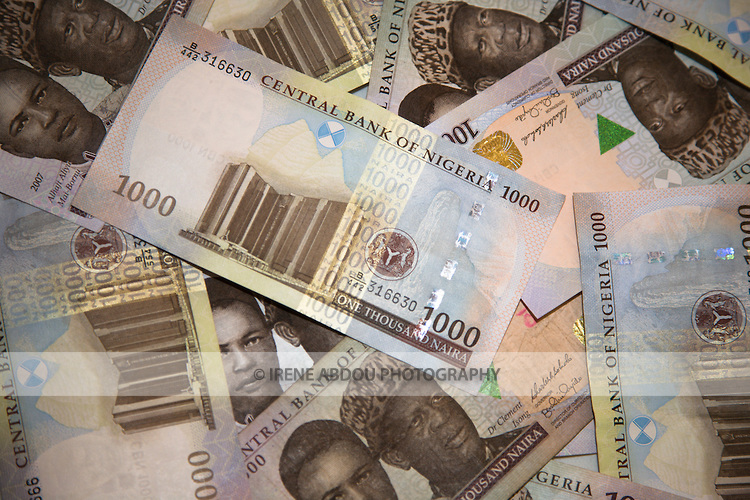Central Bank of Nigeria’s New Foreign Exchange Policy
In an effort to further ease economic gridlock, the Central Bank of Nigeria on Monday released new foreign exchange policy actions.
The CBN in a press release said the new forex policy will help ease the challenges faced by Nigerians in obtaining fund for foreign exchange transactions.
Having managed to scoop up the foreign reserves to $29.3 billion, the CBN has broadened its forex supply policy by including the previously excluded categories, medical needs, school fees, Personal and Business Travel, and reduce the tenor of it forex forward sales contracts.
Here are the key aspect of the new policy;
School and Medical Fees
Perhaps, this is the most important aspect of the policy. One, because it shows it’s an inclusive government, where people’s needs are given priority.
Two, understanding the challenges face by parents, guardians and sponsors, the CBN appropriated about $20 million dollars weekly for commercial banks to cater for school fees payment and others, but in order to check banks’ excesses, commercial banks were directed to pay directly to the institution specified by the customer.
According to the CBN, this will ensure “that as many customers as possible get the foreign exchange they genuinely demand.” Also, banks are instructed to do the same for customers seeking to buy foreign exchange for medical bills or make payment to hospitals.
Again, the CBN has said the supply of forex to retail end-users (PTA, BTA, School fees, medical bills, etc.) would be sustained by the apex bank.
Forex Sales Tenor
Previously, commercial banks have to wait for 180 days before their forex forward sales contracts mature, but in order to increase market liquidity and boost economic activities, the CBN has significantly reduced the current maximum cycle to 60 days from the transaction date.
However, this depends on the sustenance of current oil production level and gradual increase towards 2.2 mbpd NNPC target. Any further attack on the pipeline will undermine current progress and impede the nation from taking advantage of the surge in global oil prices to revamp the economy and effectively fund it diversification agenda.
Forex Sales at Major Airports
To further ensure that travelers access forex at a more competitive exchange rates and ease their burden, the CBN has directed commercial banks around the country to open forex retail outlets at major airports.
This, will not just ease traveler’s burden but significantly reduce parallel market patronage and gradually close the gap between the official rate and black market’s rate, since commercial banks are instructed not to sell above 20 percent of the official interbank market rate (N305).
Clearing Backlogs
Accordingly, the CBN will immediately begin the implementation of its articulated program to clear all the backlogs in the interbank forex market. Likewise, effective intervention programme would be implemented to ensure the interbank market is well-liquid and function efficiently.
This is one of the highlights of the new forex policy because the inability of commercial banks to meet financial obligations have forced them to introduce all kinds of charges that have worsened the nation economic situation and stress bank’s customers.
Similarly, Fitch Ratings on Wednesday said clearing forex backlogs will allow banks meet financial obligations and restore normalcy to the banking sector. Noting that economic recovery depends largely on both policy makers and implementation, which according to the agency depend on financial institutions.
Overall, the policy appears sound and tailored to help bolster economic activities. However, “the effectiveness of the new policy depend on sustenance, while sustenance depends on continuous foreign exchange generation through the sales of crude oil,” said Samed Olukoya, a foreign exchange research analyst at Investors King Limited. “An attack on any of the pipelines could disrupt the whole policy and hinder the nation from a progressive economic recovery,” he added.
Since the new policy was introduced, the Naira has gained about N19 to trade at N501 on the parallel market on Wednesday, after reaching the all-time high of N520 on Monday.




 Forex3 weeks ago
Forex3 weeks ago








 Naira2 weeks ago
Naira2 weeks ago
 Billionaire Watch2 weeks ago
Billionaire Watch2 weeks ago




 Naira2 weeks ago
Naira2 weeks ago




 Naira2 weeks ago
Naira2 weeks ago




 Naira1 week ago
Naira1 week ago








 Naira4 weeks ago
Naira4 weeks ago




 Naira3 weeks ago
Naira3 weeks ago















